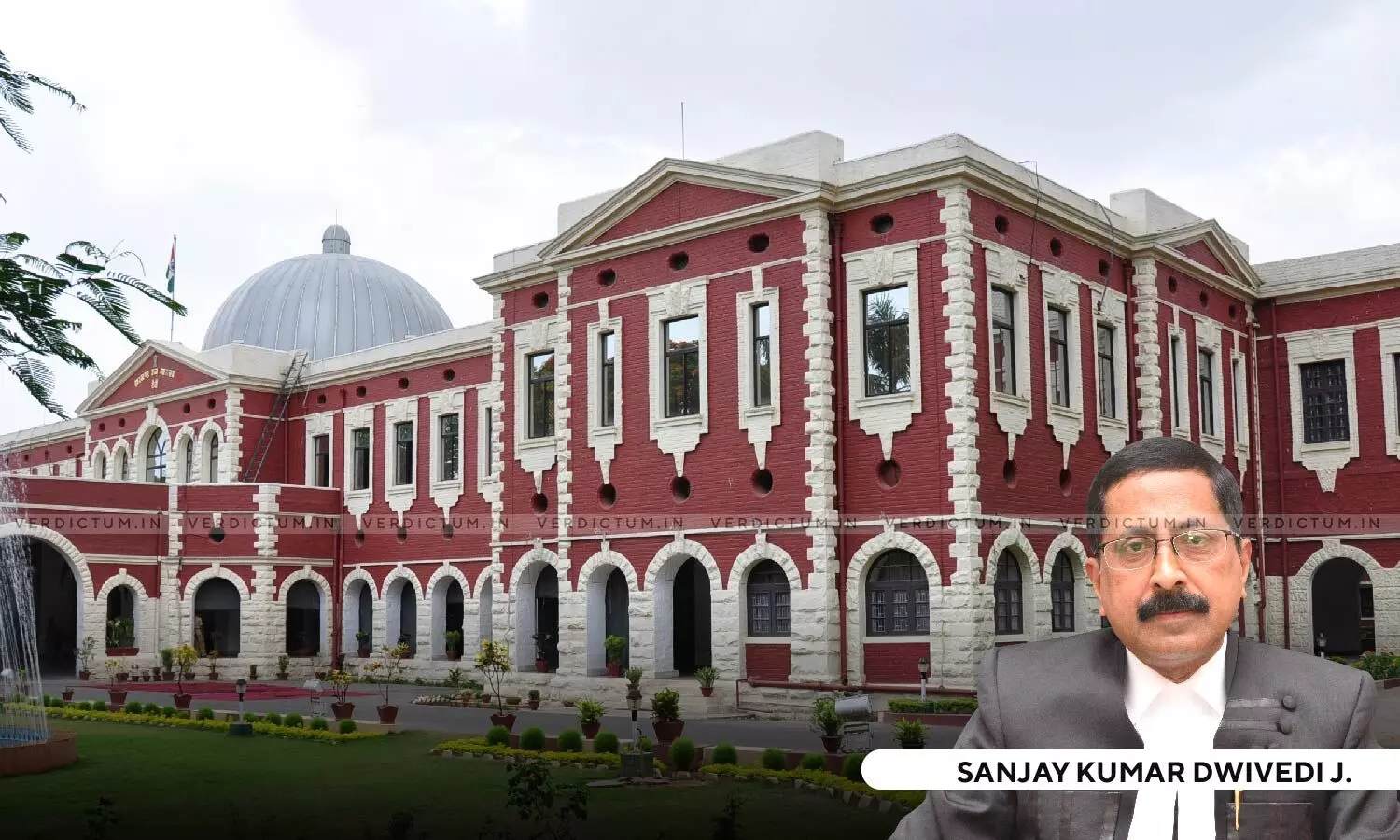
Seeking Judge’s Opinion In Remission Application Is Discretionary And Should Not Be Considered Blindly If It Does Not Meet Specified Requirements: Jharkhand HC
 |
|The Jharkhand High Court has held that as per Subsection 2 of Section 432 of the Criminal Procedure Code (CrPC), seeking the Presiding Judge’s opinion in a remission application is discretionary, and such opinion should not be blindly considered if it does not meet the requirements specified thereof.
The Court allowed the Petition whereby the decision of the State Sentence Review Board was challenged as the Petition for premature release was rejected. The Court held that the Petitioner’s application for remission should be considered and therefore directed the Government, and the Presiding Judge to provide an opinion on the Petitioner’s Application.
Justice Sanjay Kumar Dwivedi observed, “Sub-section (2) of Section 432 Cr.P.c. provides that the appropriate Government may take opinion of the Presiding Judge of the Court before or by which the person making an application for remission has been convicted”
“It is further well settled that the appropriate Government should not mechanically follow the opinion of the Presiding Judge if the opinion of the learned Judge is not fulfilling the requirement of Section 432 (2) Cr.P.C. and that is not in accordance with the guideline issued by the Hon'ble Supreme Court in the case of Laxman Naskar (supra). The Government can make further request to the Presiding Judge for fresh opinion”, the Court noted.
Advocate Rajendra Prasad Gupta appeared for the Petitioner and Additional Standing Counsel Faisal Allam appeared for the Respondent.
The Petitioner approached the Court by way of a Writ Petition challenging the decision of the State Sentence Review Board whereby the Petition for premature release was rejected.
The Court noted that the petitioner has been convicted under Section 302 of the Indian Penal Code (IPC) and has been sentenced to undergo rigorous imprisonment for life by the Court. The Court observed that the Informant’s Appeal for enhancement of sentence was accepted. Thereafter, the Petitioner filed a Petition, and his death sentence was commuted to life imprisonment.
Furthermore, the Court noted that the Petitioner had been in custody for more than 26 years 02 months, and 19 days. The Court observed that per the 1984 policy, a case can be considered for premature release after completion of 14 years from the date of conviction and after completion of 20 years the convict is entitled to get the benefit of remission.
“The Court can review the decision of the Government to determine whether it was arbitrary or not and the said power cannot be usurp the power of the Government and grant remission itself and if the case is made out, the Court can direct for reconsidering the matter”, the Court noted.
The Court observed that the opinion of the Presiding Judge was not in favor of the Petitioner and therefore his prayer was rejected. The Court noted, “It is further well settled that the appropriate Government should not mechanically follow the opinion of the Presiding Judge if the opinion of the learned Judge is not fulfilling the requirement of Section 432 (2) Cr.P.C. and that is not in accordance with the guideline issued by the Hon'ble Supreme Court in the case of Laxman Naskar (supra). The Government can make further request to the Presiding Judge for fresh opinion”.
The Court held that the Government of Jharkhand will take a final decision, after receiving the abovementioned opinion, for remission afresh within one month thereafter.
Accordingly, the Court allowed the Petition.
Cause Title: Umesh Singh v The State of Jharkhand